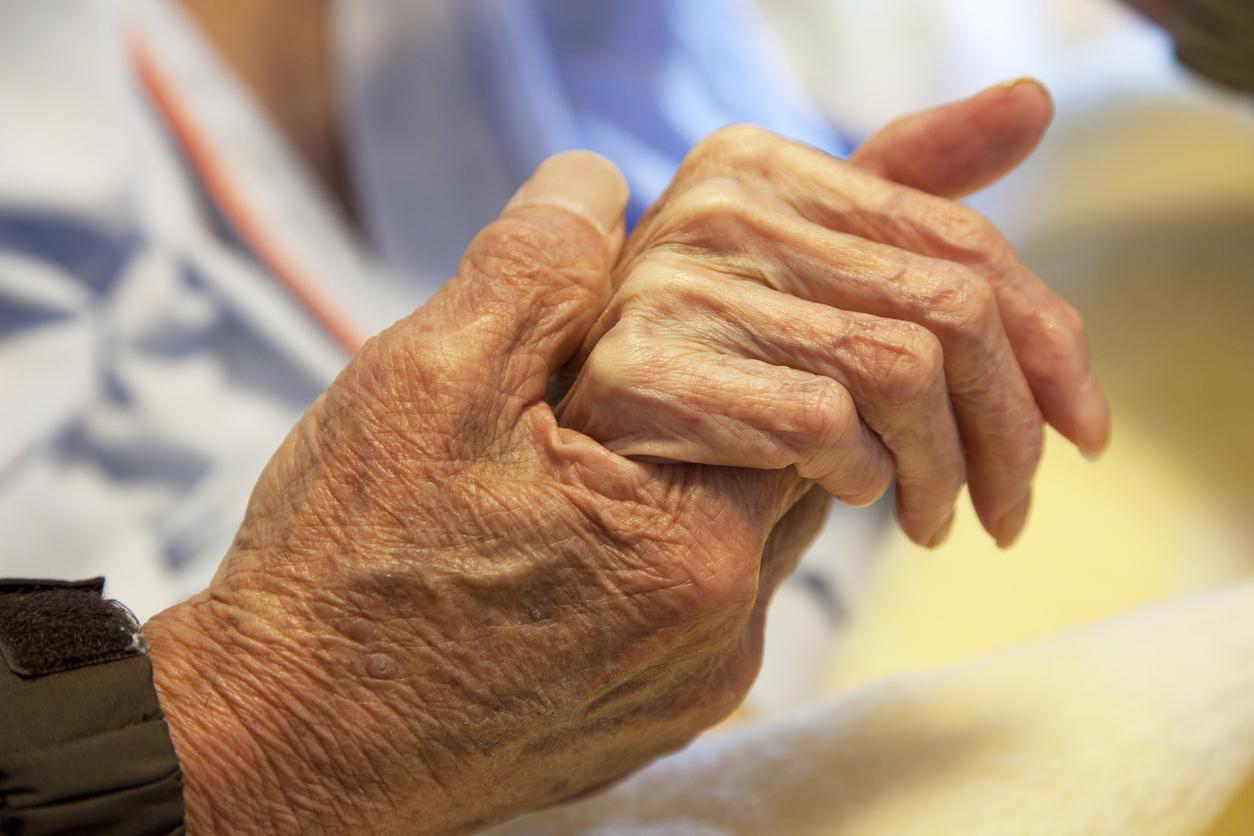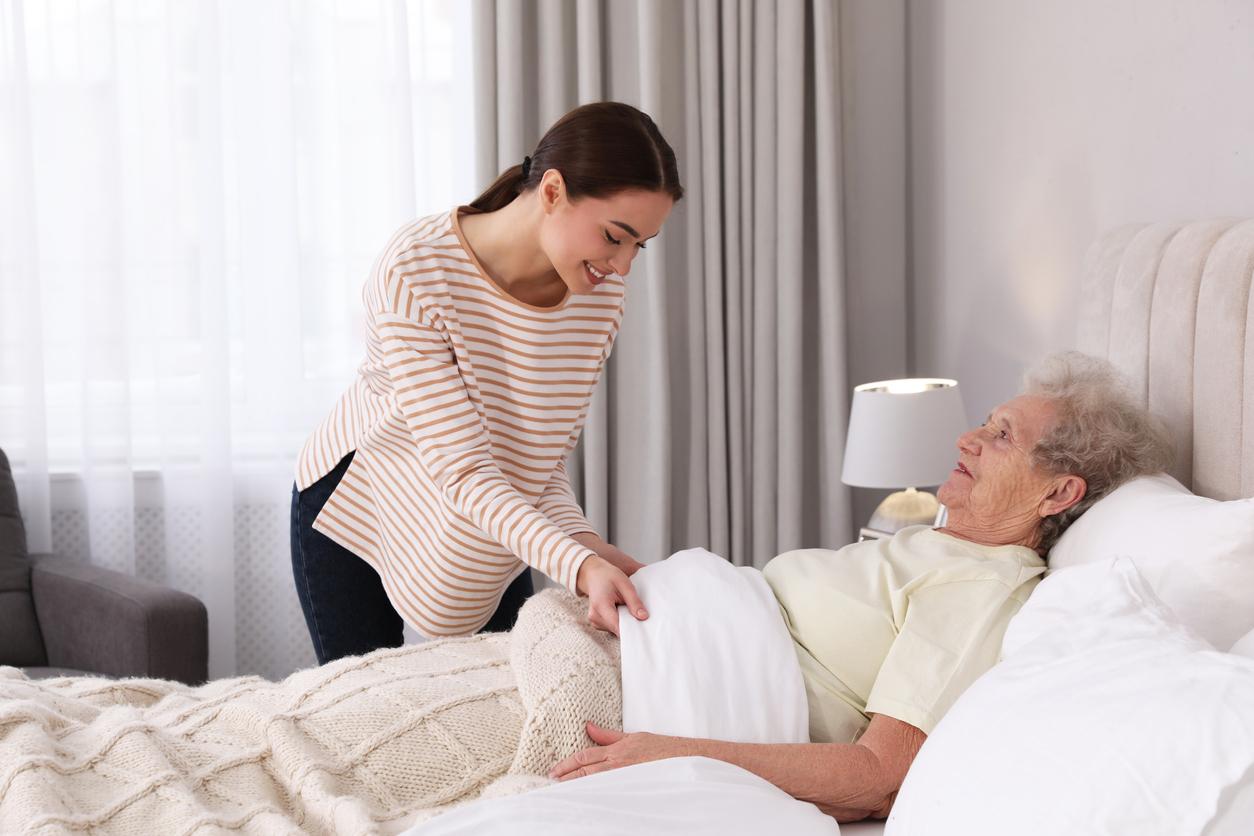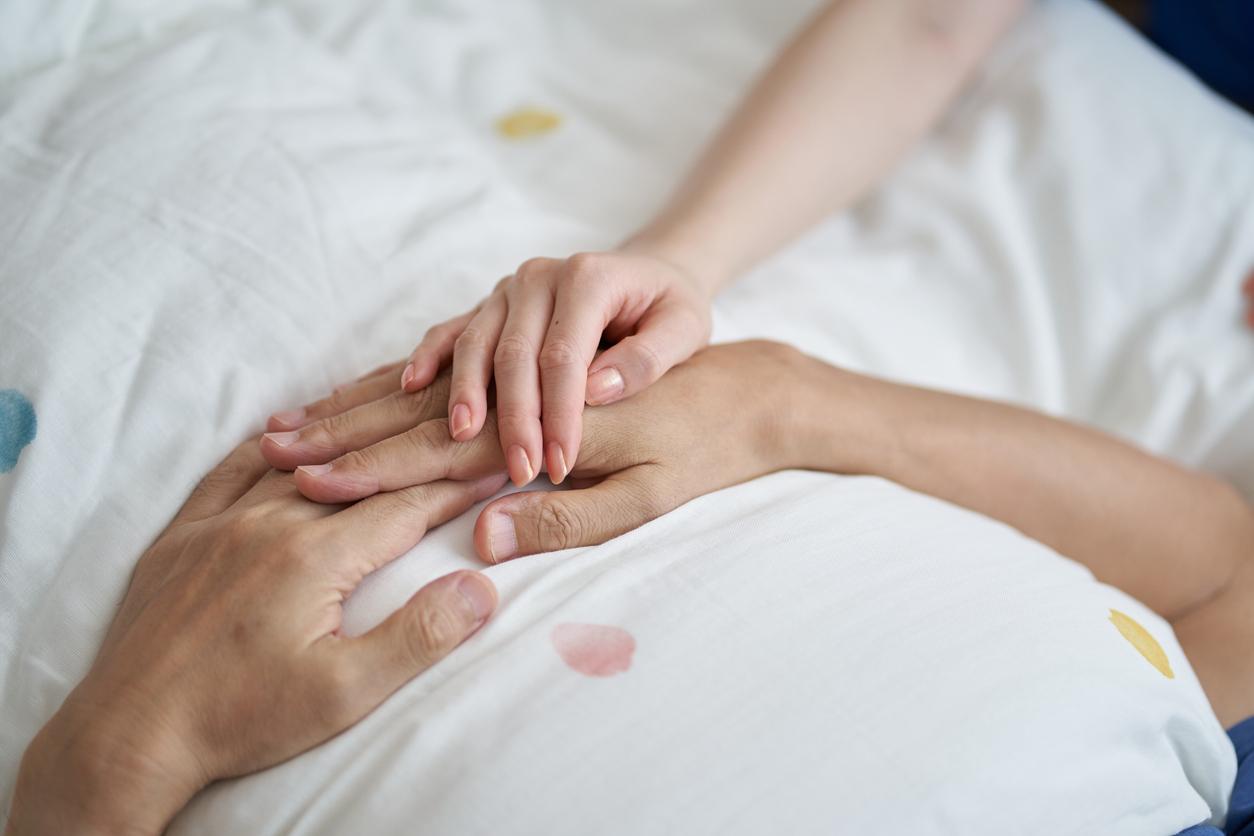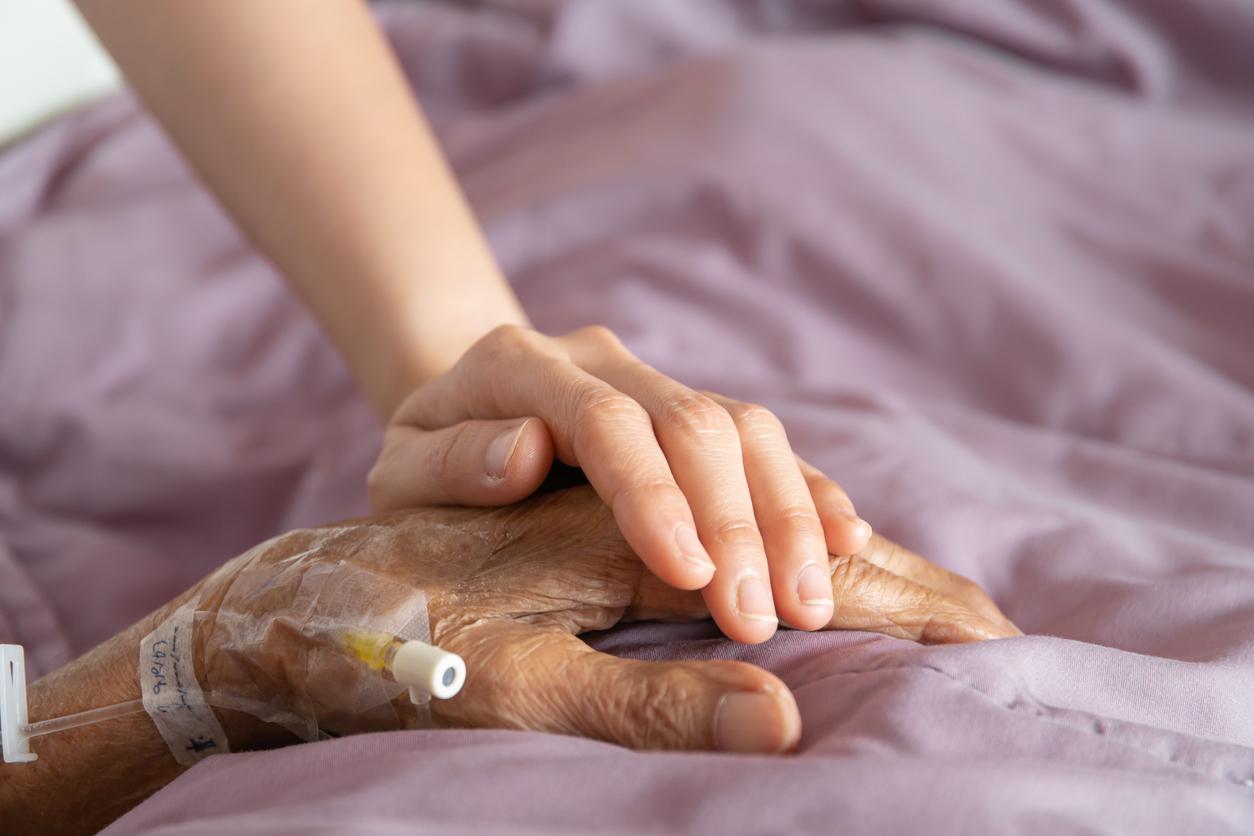In a column published in the OBS, nearly a hundred French personalities call for reform of the law on the end of life, in particular on active euthanasia.

- In France, active euthanasia and assisted suicide are not allowed.
- Nearly 109 public figures have signed a manifesto calling on the government to reform the law on end of life in France.
- For the time being, only the Claeys-Leonetti law authorizes the use of deep and continuous sedation until the patient’s death.
Unlike Belgium, the Netherlands, or Spain, several end-of-life practices remain illegal in France. This is notably the case of active euthanasia, which consists of carrying out a medical act causing the death of a patient affected by an incurable disease or unbearable pain, and assisted suicide, which is based on the prescription of drugs that would allow the patient to kill himself.
Active assistance in dying: a call for law reform
In a manifesto published by the OBS109 public figures including the actress Nathalie Baye, the singer Dave, or the former Minister of National Education Benoît Hamon, called on Emmanuel Macron to change the law on the end of life in France.
“Each year, French men and women suffering from serious and incurable illnesses are confronted with physical and moral suffering that treatments can no longer relieve. They ask their doctor to help them die and come up against a refusal. , condemned to suffer a long and painful end of life, in contradiction with their free and considered will”can we read in the forum.
The signatories specified that each year, French men and women affected by incurable diseases “go abroad to be able to die there, forced to go to countries where assisted suicide and euthanasia are legal practices” remembering that these patients are usually not alone. “We are their spouses, their children, their brothers, their sisters, their families, their friends. We are those who have sought the right doctor, who have taken trains and crossed borders, and who have resolved to do anything do so that everyone can end his or her life as he or she has decided. We believe that French law, which prohibits active assistance in dying, is unfair” they continued.
The use of deep sedation for patients affected by an incurable and serious disease
Interviewed by the OBSNathalie Baye testified to the slow agony of her mother in a Parisian hospital. “My mother was dying surrounded by dying people. I loved her and I couldn’t stand her being treated like that, being left to die in this chaos”she said, denouncing the lack of means put in place for a dignified end of life. “I don’t see the point of prolonging the suffering […] Life belongs to us. Death too. And if one day, I myself am in this state, I would like, in the same way, that we stop the comedy of life. Finished, what”said the actress.
In France, the Claeys-Leonetti law currently authorizes the use of deep and continuous sedation until the patient’s death. According to the National Center for End-of-Life Palliative Care, this practice consists of “deeply and durably put to sleep a patient suffering from a serious and incurable disease” when his death is expected at “very short term”i.e. a few days at most.

















